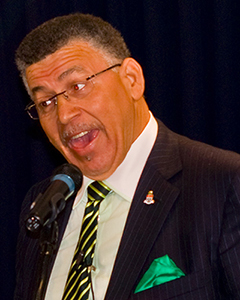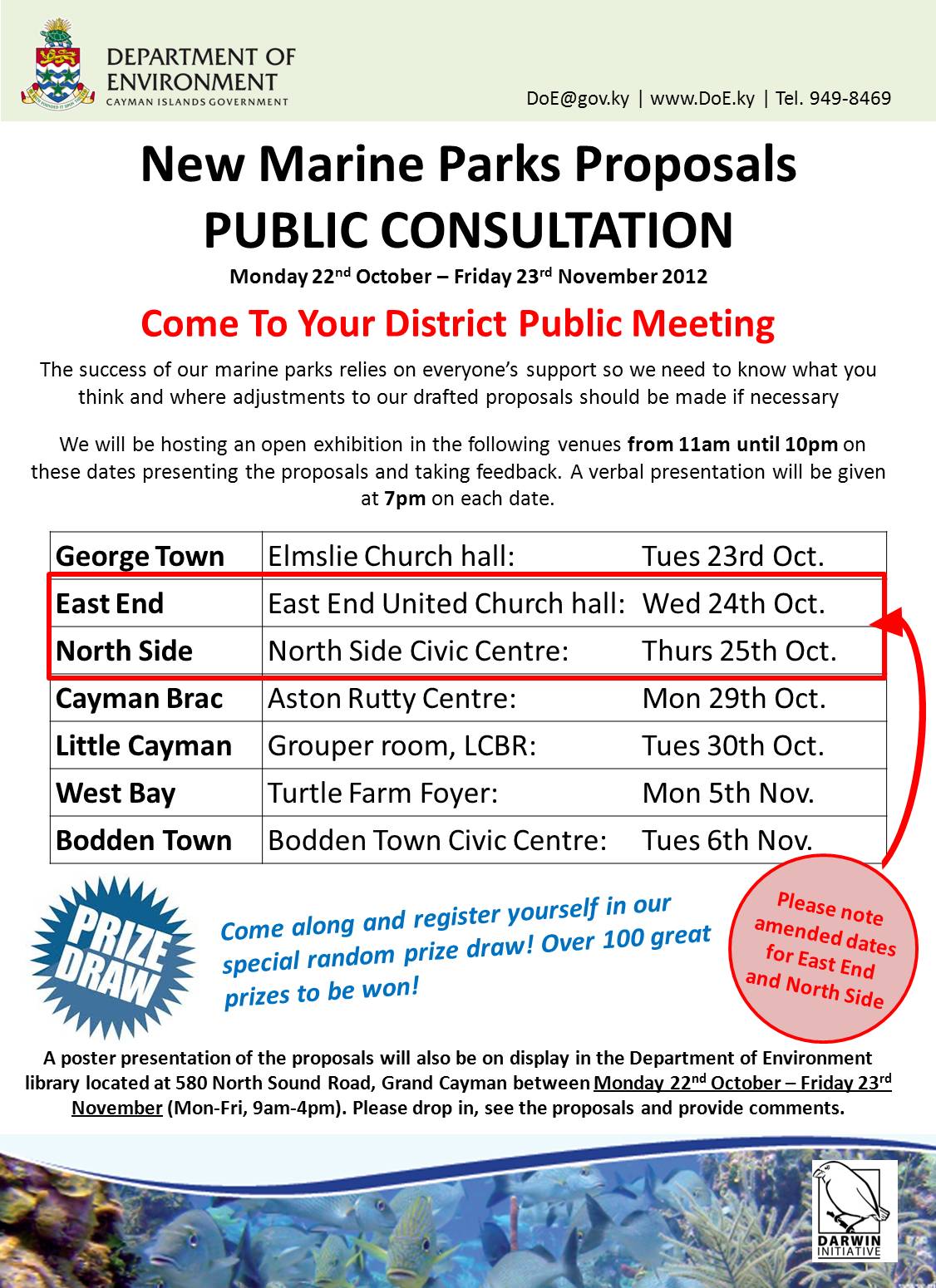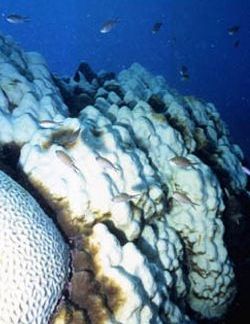Archive for November 3rd, 2012

Proposed stamp duty increase on real estate
Included in the Government’s newest revenue raising measures is a proposal to increase stamp duty on the sale of real estate to 7.5%. Unlike the current stamp duty regime where, excluding waterfront properties in the Seven Mile Beach corridor and certain areas in George Town in which the rate is already 7.5%, Caymanians and non-Caymanians pay different rates of duty (4% and 6% respectively), the 7.5% rate would apply to everyone no matter where the property was located.
To put it into historical perspective, stamp duty rates for non-SMB properties have not been this high for over 10 years – since prior to November 2001. In fact, from November 2001 to July 2006 the rate was 5% across the board.
However, the Government did provide some limited relief by alsoproposing to increase the values for stamp duty concessions for first time Caymanian buyers as follows:
(a) No stamp duty on vacant land up to $100,000 or houses or condos up to $300,000;
(b) Stamp duty of 2% on land between $100,000 and $150,000 along with houses or condos valued between $300,000 and $400,000.
I’ve always agreed with the principal that where a tax is applied, all persons should be subject to the same level of tax, e.g. no distinctions due to citizenship. However, there are obviously a significant number of Caymanians who are not first time buyers or who are buying properties at prices higher than the above thresholds. These persons will now be required to pay 7.5% instead of 4% — a whopping increase of 88%. Non-Caymanians, who were paying 6% duty, will pay 7.5%, a 25% increase.
As a result, I have been getting numerous enquiries from my clients and customers asking whether there is some way to pay duty now before the higher rate comes into effect. This is not a new scenario for the Cayman Islands as in the last 10 years the stamp duty rates have gone up and down several times. Many people are unaware that it is possible to pay stamp duty on a purchase agreement and then pay no stamp duty on the subsequent Transfer of Land where the agreement and Transfer conform to one another, i.e. same parties, same price, same property.
In the past, the practice of the Government Valuation Department has been that where a Purchase Agreement is submitted and stamp duty paid prior to the date that the stamp duty rate is increased, and the purchase is not completed until after the date of the increase becomes effective, the Valuation Dept will not reassess or ask for additional duty, even though the rates have changed between the date of agreement and date of completion.
That is all well and good. Before you rush off to pay your duty in advance though, please consider that there are a number of different scenarios which can arise regarding paying duty in advance of closing, and the issues can become rather complex when you factor in the various applicable laws and government departments which have a role in collecting duty. I therefore strongly recommend you seek the advice of an attorney before paying stamp duty.
Note also that if for some reason your purchase does not complete, then you cannot obtain a refund of the stamp duty that you have paid on the purchase agreement. For example, this could occur in a situation where you have paid the duty on your agreement, and then your financing falls through and as a result you cannot complete the purchase. You would then be out the amount of duty that you had prepaid on the purchase agreement.
As with any real estate transaction, tread carefully and, as always, buyer beware!
Scott Elliott is a real estate agent at RE/MAX Cayman Islands.

Mac defiant in mystery letter
 (CNS): In a letter claimed to have been sent to the FCO on Tuesday regarding the FFR and other areas of concern for the UK, McKeeva Bush is defiant regarding his position and the British government’s attempts to rein him in. The letter, addressed to OT minister Mark Simmonds and released by Bush’s office, is dated 30 October but the governor’s office has confirmed that neither the governor nor the OT minister had ever seen the letter until it was released to the press on Friday. In it Bush tells the UK that Cayman can be led but not pushed and makes it very clear he will be doing things his way when it comes to the FFR and the cruise port, despite the UK warnings. (Photo by Dennie Warren Jr)
(CNS): In a letter claimed to have been sent to the FCO on Tuesday regarding the FFR and other areas of concern for the UK, McKeeva Bush is defiant regarding his position and the British government’s attempts to rein him in. The letter, addressed to OT minister Mark Simmonds and released by Bush’s office, is dated 30 October but the governor’s office has confirmed that neither the governor nor the OT minister had ever seen the letter until it was released to the press on Friday. In it Bush tells the UK that Cayman can be led but not pushed and makes it very clear he will be doing things his way when it comes to the FFR and the cruise port, despite the UK warnings. (Photo by Dennie Warren Jr)
The ‘mystery’ letter, which never reached London, was released to the press with, as is customary, the exception of CNS on Friday evening. However, the Governor’s Office has confirmed that was the first time any UK official had seen the correspondence.
Alongside the letter was a short statement from Bush saying he had responded to the overseas territories minister’s letter of 1 October, which is a claim contradicted by Mark Simmonds in his 2 November letter. Mac's lack of response was cited as the reason why the British minister sent a warning to Bush to meet his commitments on the FFR and to stop the talks concerning the cruise berthing facilities in George Town with CHEC.
Bush said he wrote the letter “following discussions over the last several months, and leaks to certain reporters” as he pointed to Simmonds' 2 November letter released via the Governor’s office. “Attached is my response to the letter dated 1 October from Minister Mark Simmonds MP,” Bush claimed.
In it the Cayman Islands premier shows no sign of bowing to pressure from the UK to transpose the FFR into law exactly as he signed it or to even consider halting the talks with the Chinese firm, CHEC, regarding the port. He also holds no punches in his criticisms of the current governor.
“So far, the only ‘help’ coming from the present Governor – has been to keep our economy flat, people unemployed and unable to pay their mortgages and lose their homes – all of which has exacerbated the rise in the level of crime at gunpoint,” he said, adding fuel to the flames of an already poor relationship between the two men. “If that is the FCO’s idea of good governance, it is not mine. Nor would it be the concept of the International Bodies, nor to build the confidence locally or in the international arena that you speak of.”
Bush was defiant over the port when he said stopping the project would cause “hundreds of people not to be employed”, which he said would stop economic growth and result in a loss of revenue for government. The premier made it clear he was going ahead with the cruise port development as was and outlined what he believed were the selling points of the proposal, adding that the auditor general could not be the final arbiter and stating that KPMG was more competent.
“It should be noted that over the past seven years there have been more than ten separate proposals on port development in Cayman. This provides the basis upon which KPMG is carrying out their value for money analysis. What has been done thus far and continues to demonstrate a rigorous ‘value for money exercise’ with clear processes and procedures. I have communicated to you, the Governor, and the public that it will be sent to the Central Tenders Committee for final review,” he wrote. “There is no Government guarantee for the project. CHEC pays off the existing Port Authority loan and there is only a 1.5% – 3.0% interest rate applied to the investment.”
Bush added that, although he had noted the UK concerns over contingent liability, “Cayman has not got this far through the micro-management of the FCO,” he told the UK minister.
Talking about FFR, in the letter supposedly written on the day Cabinet met to pass the altered version of the law, Bush he was an “honourable man, and I speak for an honourable government, that represents honourable people”, as he made it clear he intended to pass a law that would be different from the one he had signed and agreed.
“The Bill which transposes the FFR will meet the necessary requirements to which we are committed. The provisions will be based in sound practical application of the relevant principles. One document is an Agreement; the other will be a Law; the two documents cannot be identical,” he wrote. Bush stated that Cayman could not afford the collapse of its “entire structure of budgetary obligations under the weight of unwieldy processes” or to tie the hands of legislators.
Making it clear that he would be doing things his own way, Bush told the FCO minister that the government of the Cayman Islands may be led but was more difficult to push.
“I think you will find that we stand by our convictions, unless and until proven wrong, (even if that must be in a court of law which I will not hesitate to undertake); hence the frankness of all my dealings with yourself to date,” he said, adding that the interests of Caymanians came first.
Although this letter is dated 30 October, given the content of Simmonds letter on Friday, it is evident that the two letters either crossed, that Bush’s letter was lost on the internet superhighway or it was never sent on the day it was dated.
Regardless of when or if the letter was sent, the defiant tone would probably have solicited the same response from Simmonds as published Friday and leaves the Cayman and UK governments at what many are already suggesting is a very worrying impasse.
Vote in the CNS poll: Should McKeeva Bush resign now?
See related story: UK-lays-down-law-to Mac

DoE urges people to join discussion on marine parks
 (CNS): Following a number of well attended, lively meetings, the Department of Environment is encouraging everyone in Cayman that cares about the future of its marine environment to attend one of its last two public meetings in West Bay and Bodden Town this week. Officials from the department said Friday that while their proposals for the expansion of Cayman’s marine parks were based on research and science as well as a public survey, nothing is set in stone. All of the submissions, comments and alternative proposals for balancing protection with fishing access will be considered before the final parameters of the reserves are finalized.
(CNS): Following a number of well attended, lively meetings, the Department of Environment is encouraging everyone in Cayman that cares about the future of its marine environment to attend one of its last two public meetings in West Bay and Bodden Town this week. Officials from the department said Friday that while their proposals for the expansion of Cayman’s marine parks were based on research and science as well as a public survey, nothing is set in stone. All of the submissions, comments and alternative proposals for balancing protection with fishing access will be considered before the final parameters of the reserves are finalized.
Deputy Director Tim Austin said that the meetings so far have been lively and people have engaged with the process, and while there has been considerable support there has been opposition too. However, he said that in most cases, those who oppose have made alternative suggestions and there is now some community coordination about where fishing access should be in the districts and where people are willing to accept the restrictions on taking marine life.
“The one encouraging factor is that everyone that has come to the meetings so far supports the concept of more protection,” Austin said. “While people may not always want that protection in their community, they see the need for it and are engaging in the process of consultation.”
Austin said thatwith two more meetings on Monday and Tuesday and an open door policy at the library at the DoE offices on North Sound Road until 23 November, the department was keen to ensure that everyone who has something to say contributes.
“We need to ensure that the future boundaries of the marine reserves and the restrictions in them are supported by the entire community for the conservation to work,” he said.
Pointing to the dire circumstances facing reefs around the world and in particular in the Caribbean, Austin said there was still hope in the Cayman Islands of protecting our reefs from the external onslaughts of climate change and bleaching events if the reefs were robust because of the protection from fishing and in some cases diving.
“If we don’t expand the parks and stay with the status quo we know that the fish stocks will begin to fall. The move to introduce protection 25 years ago has made Cayman what some describe as a beacon of hope in the Caribbean, if we make a concerted effort to improve the protection, we may eventually see the tide turn for reefs in a positive direction with greater recovery and therefore greater fish stocks.”
The key issue that the DoE is delivering is that the greater the protection the greater the fish numbers will be outside of those areas as well, which is where local people will see the benefit.
Austin said that the consultation period is about asking people how much they are prepared to support the science as laid out in their proposals and where compromises can be made that can still ensure a future reef.
See dates and locations for remaining meetings below.